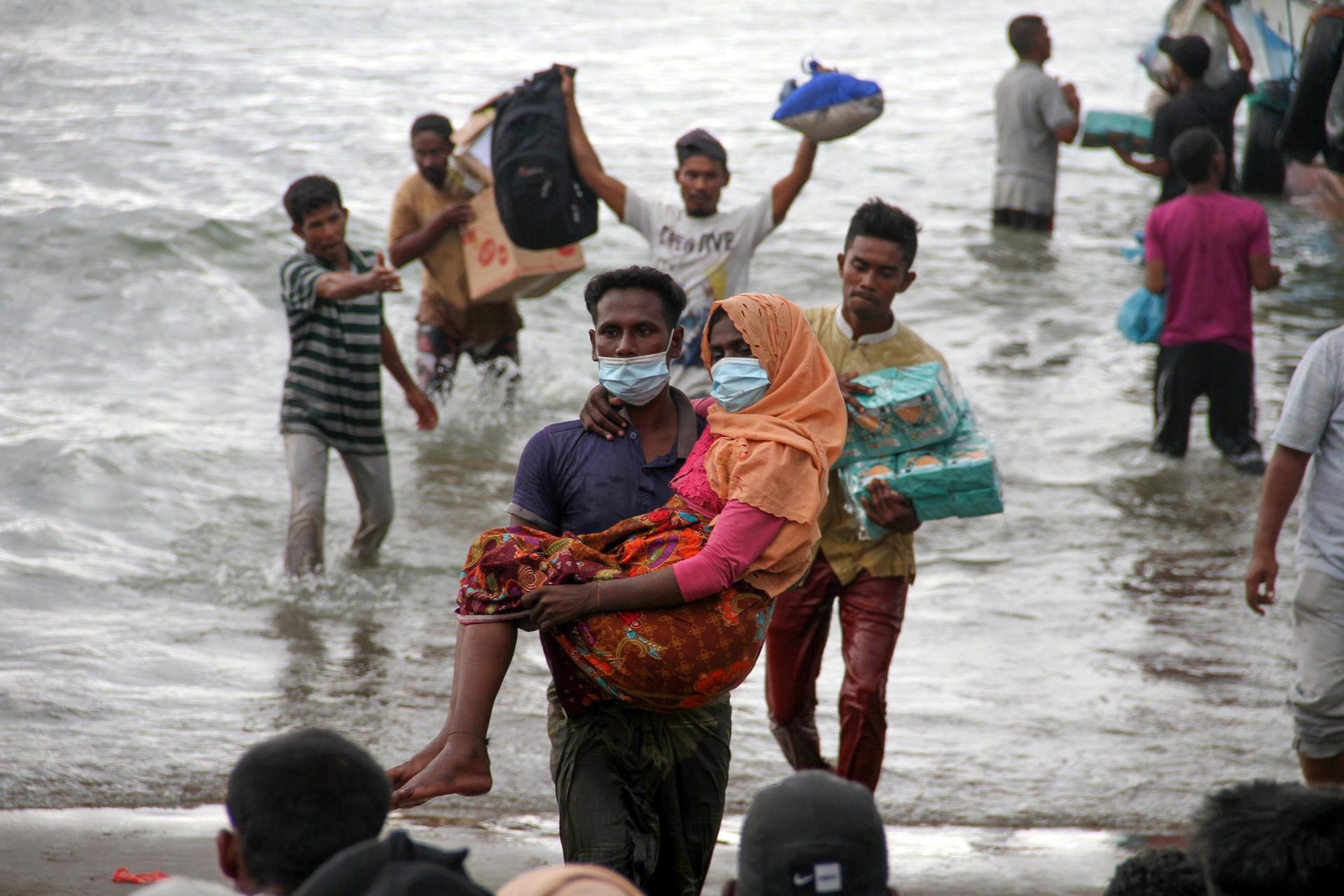ROME — Flimsy shelters and inadequate space in Bangladeshi refugee camps amid the COVID-19 pandemic have compounded the sufferings of the already beleaguered Rohingya community, a representative of Caritas said.
“One of the key measures to prevent the spread of the coronavirus pandemic is social distancing. But if you live in a refugee camp, you don’t have the luxury of space to do this,” Inmanuel Chayan Biswas, communications officer for Caritas Bangladesh’s Rohingya Response Program, said in a June 26 statement.
The Caritas program is based in Cox’s Bazar, the southern Bangladeshi city hosting hundreds of thousands of refugees who have fled Myanmar to escape a Myanmar military crackdown in Rakhine that began in August 2017.
According to Biswas, overcrowded shelters in the Bangladeshi refugee camp mean proper distancing and overall hygienic measures cannot be maintained “to provide the effective prevention against the spread of the coronavirus.”
“Rohingya people living in Bangladeshi refugee camps are victims four times over,” Biswas said. “They are victims of the violent and traumatic uprooting from their homeland in Myanmar; victims of the health emergencies such as dysentery and pox; victims of the repeated climate emergency they face when cyclones batter Bangladesh. And now they are also victims of the global pandemic, which is bearing down on Bangladesh.”
According to Caritas Bangladesh, the first coronavirus case in the Rohingya community was registered May 14. As of late June, there were 45 confirmed cases and four deaths.
However, Biswas said that due to “lack of expertise in the testing centers,” the accuracy of those numbers is unclear. The spread of COVID-19 has also forced the Bangladeshi government to limit the refugees’ access to primary health care facilities.
“Initially, Rohingya who were critically ill with COVID-19 were referred to Ukhiya General Hospital or Cox’s Bazar Medical College,” he said. “Now it is not possible because these hospitals are facing challenges to provide treatment facilities to the local people.”
Caritas Bangladesh provided soap and hygiene kits and have installed hand-washing stations in public places and near toilets at the refugee camp.
“They know that they need to wash their hands frequently, but a big challenge is the poor water supply and sanitation facilities at the camp,” he said.
Despite the efforts of Caritas Bangladesh, Biswas urged world leaders to act to protect the lives and dignity of Rohingya refugees.
“The international community must pay attention to the Rohingya community’s plight,” he said. “As yet another emergency hits these vulnerable people, we must work on all levels to ensure there is an end in sight to their suffering.”














